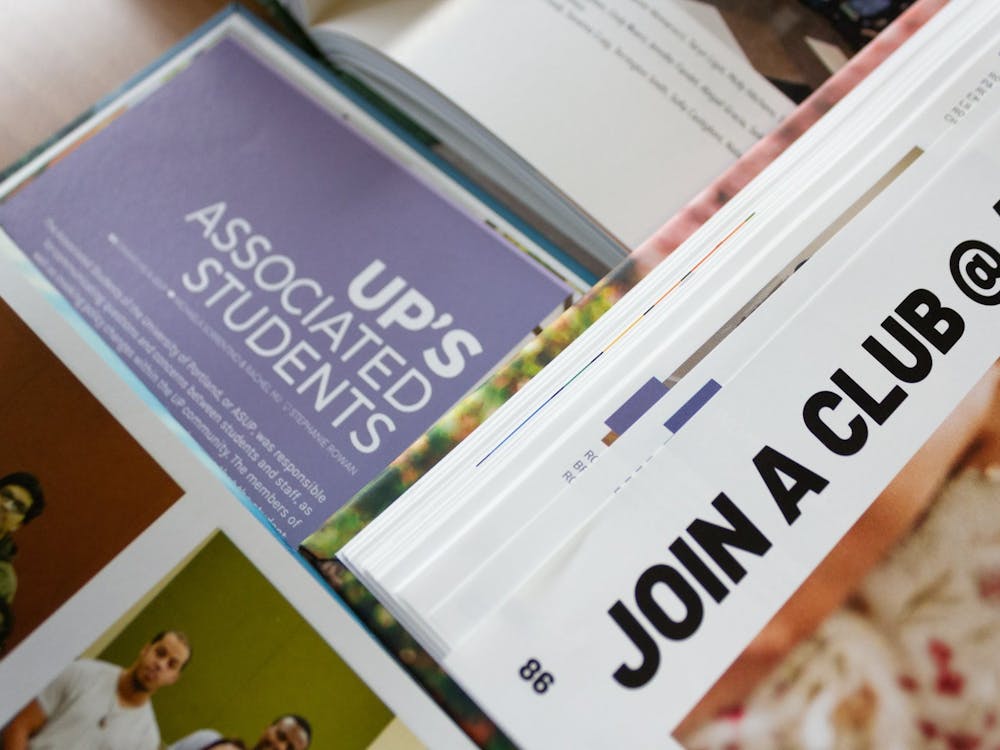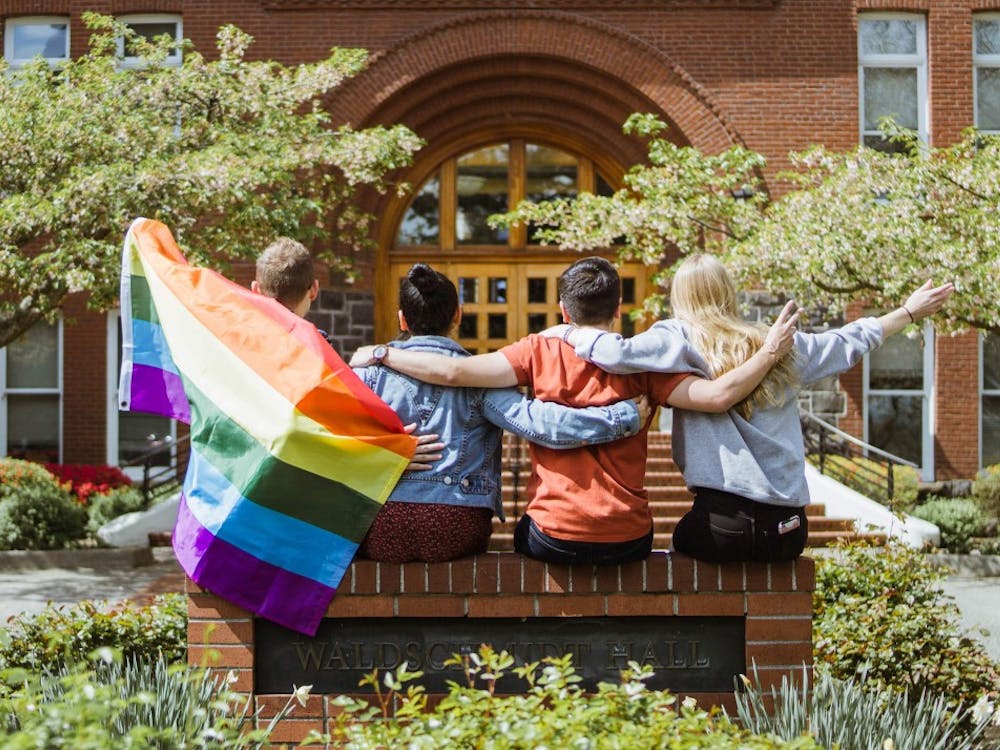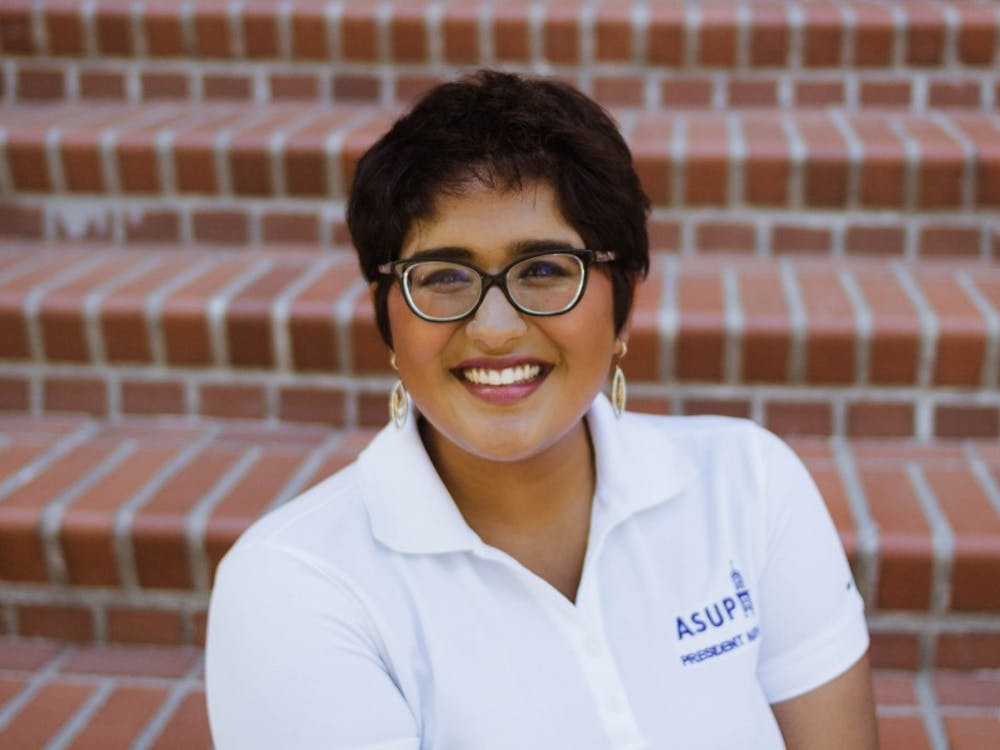The student activities fee should be raised. The students of the University of Portland currently have the chance to do this right now by voting on Engage to raise the student activities fee from the current $95 to a more robust $130. If approved, the proposal would be put before the Board of Regents, who have the final say on what fees the university is allowed to collect.
Yet, the inevitable, and reasonable, gut reaction of any fiscally responsible student will be: “You want more money?” The short answer is, yes. But that increase in funding solely goes back to us as students and enhancing the experience of being a student at the university. To help understand why ASUP has proposed this, and what benefits this would have for the students of the university as a whole, let’s dig a little into what the student activities fee is and what it does.
The student activities fee is the primary vehicle used to fund student organizations on campus. All the money collected from the student activities fee goes to fund events, clubs and services for students. The decision of who gets what is decided by the Financial Management Board, a group of students who work for the director of finance and make decisions based on a set of neutral standards. These standards apply to every organization based on the request submitted, before more cuts are made to cut down the amount to available funds.
Some of the services funded by the fee are housed directly under the ASUP umbrella, like EspressoUP, ASUP Films, ADvantage, Pilots Audio and Lighting, and Pilots Express. Of these groups directly tied to ASUP, the most significant is the Campus Program Board, which puts on astonishing events for the student body at-large like the Dance of the Decades, Rock the Bluff, Riverboat, Anchors Away and many more. You can refer to most any budget from 2018 and earlier for a line-item breakdown of what this actually goes to.
Clubs, it may hopefully be said, have the potential to provide some of the defining experiences for a university student. They allow us to lose ourselves in a built-in community of peers who share similar interests, quirks and ways of thinking about the world. More than just simple resumé-builders, leadership positions within clubs allow us to gain genuine organizational and leadership skills, aided by the confidence that comes from doing something we earnestly care about and believe in.
The same as much can be said about any of the numerous student-centered organizations, funded by the student activities fee, that populate The Bluff. In recent memory, the fee has helped to fund — both in full and in part and with varying degrees of success — KDUP, intramural sports, club sports, the Office of Student Activities, Diversity and Inclusion Programs and Moreau Center Immersions. Anything said about clubs can be said just as much, if not more, about these organizations. It would not be much of a stretch to say that these groups and organizations have the potential to make or break the culture of a university.
We say to “varying degrees of success” for a reason. Because of a lack of resources on the part of ASUP has, over the past several years, critically damaged our ability to do so. The fundamental question of this proposal is can the student activities fee as it stands enable ASUP to effectively meet its mission of serving the student body, and enhancing the student experience? The reason the special election is happening is because the Senate believes the answer is no. So, there are two questions that demand answers: Does the student activities fee need to be raised? And if so, by how much?
Let’s start with the first. Over the last five semesters, the average cut to requested club funding applied by ASUP has been troublingly high. This semester, for instance, clubs were cut on average 53.55%. Early on in the budgeting process, the Financial Management Board had to apply a 15% across-the-board cut. The proposed budget for the coming semester, which saw more organizations requesting from the same amount of money, includes a 30% across the board cut to clubs as well. These numbers have been fairly typical over the last several semesters. At the lower end, in spring of 2019, the average cut to clubs was 36.13%; at the highest, in fall of 2018, the average cut was 64.1%.
Similarly, ASUP has frequently been asked to support events on campus from non-club or ASUP-related groups such as Moreau Center Immersions. However, the need to prioritize clubs and organizations with only one possible stream of revenue has left trying to help fund these events significantly more difficult.
Likewise, student enrollment has been steadily increasing. In 2012, the undergraduate enrollment was 3,373; this year, it’s 3,773. While the income from the student activities fee scales with the number of students on campus, an increase in enrollment also likely means an increase in the number of clubs as more and more students — and their ideas for a campus organization — find their way to The Bluff. As we’ve seen, ASUP has already struggled to fund the current number of clubs on campus, and there is currently very little, if any, room for these clubs to grow in the existing budget.
Increasing the student activities fee would help allow ASUP to solve these three interlocking problems. In addition, it would enable clubs to grow with our expanding community, putting on more intricate events that are better representative of the diverse set of talents and interests we have at UP.
On one hand, it may be reasonable to ask: Can we simply re-allocate away from ASUP-specific needs and more towards clubs? The answer is, again, no. Within the ASUP “upper budget” — including CPB and the ASUP services — there is a similarly tight situation. Money spent on services and CPB is being used and being used effectively. And in the budget proposal for the upcoming semester, services like CPB, EspressoUP and ADvantage all received significant cuts.
Information has circulated that this proposal amounts to a “raise” for ASUP. That information can only be considered “correct” if you read ASUP the way it should be, that is, as the “Associated Students of the University of Portland.” Nothing in this proposal raises the stipends of anyone associated with student government, whether that be the Executive Board, the Senators, or the various service directors or employees.
Likewise, other information has suggested that roughly $100,000 — or $50,000 per semester — was unspent last year and went into the university endowment. Here two more things are important. First, this “unspent” money comes from the $15 of the student activities fee set aside every semester for the Major Event Fund, which funds Rock The Bluff. Second, if there was any unspent money, it would roll into an ASUP-specific “Quasi-Endowment,” the returns of which go directly back into the semesterly budgets.
So, how much? Well, let’s put the student activities fee here at UP specifically into a little bit of a broader context. Amongst other higher-education institutions of similar enrollment and location, the activities fee is dramatically lower than other, comparable fees. Lewis and Clark College, just next door, sets their student body fee at $180 per semester with a smaller enrollment. Likewise, Seattle Pacific University sets theirs to $309 per year, and St. Mary’s College of California is at $200 per year. Gonzaga University has both a $125 Student Development Fee and a $54 Activities Fee per semester.
A raise to $130 would bring UP more in line with comparable peer institutions. Moreover, it would allow for all the benefits previously stated to take place. If under a new fee ASUP funds clubs at the same proportion of the overall budget, there would be roughly another $40,000 at least at the disposal of clubs and organizations, though it’s likely this number would be far higher. Now, that’s not to say that it would be the end to all cuts. But it would go a long way to alleviating the strain on these student-centered groups.
Remember: We’re not asking for one vote on something that will benefit ASUP as a part of the campus bureaucracy. We’re asking for a vote on something that will benefit the students of the UP directly.
David Mudd is a senior ASUP senator and English and political science major. He can be reached at mudd20@up.edu.








